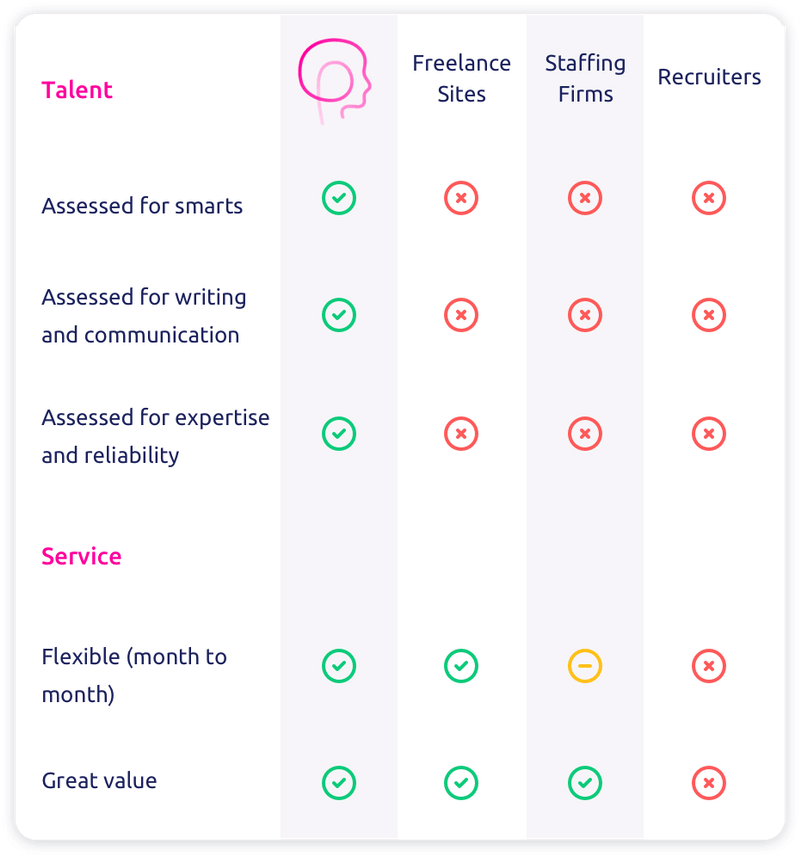What Is On-site Staffing?
On-site staffing refers to the practice of hiring employees to work at a specific location, typically a client’s premises. This can include temporary or permanent employees, and can be used for a variety of roles, from administrative support to specialized technical positions.
On-site staffing is often used by companies that need to quickly scale up their workforce or require specialized skills that are not available in-house. It allows businesses to leverage the expertise of staffing agencies to quickly find and hire qualified candidates, without the time and expense of recruiting and training new employees.
One of the key benefits of on-site staffing is that it allows companies to focus on their core business activities, while leaving staffing and HR functions to the experts. This can help to improve efficiency and reduce costs, while ensuring that the company has access to the skilled workers it needs to succeed.
Examples of on-site staffing roles include call center representatives, IT support technicians, warehouse workers, and administrative assistants.
Why is on-site staffing important?
On-site staffing is important because it allows for immediate support and management of employees. Having staff on-site can improve communication, increase productivity, and ensure that work is being done efficiently.
What are the benefits of on-site staffing?
The benefits of on-site staffing include improved communication, increased productivity, better management of employees, and the ability to quickly address any issues that may arise. On-site staffing also allows for a more hands-on approach to training and development, leading to a more skilled and knowledgeable workforce.
Dos And Donts of On-Site Staffing
Dos
- Ensure that the staff members are properly trained before they are sent to the site.
- Have a clear understanding of the client’s needs and expectations.
- Provide clear instructions and guidelines to the staff members.
- Monitor the performance of the staff members regularly.
- Be responsive to the client’s requests and feedback.
- Keep the communication channels open and transparent.
- Ensure that the staff members are equipped with the necessary tools and equipment.
- Have a contingency plan in case of emergencies.
Donts
- Send untrained staff members to the site.
- Assume that the client’s needs and expectations are the same as yours.
- Assume that the staff members know what to do without clear instructions.
- Ignore the performance of the staff members.
- Be unresponsive to the client’s requests and feedback.
- Keep the communication channels closed or unclear.
- Assume that the staff members have all the necessary tools and equipment.
- Be unprepared for emergencies.

